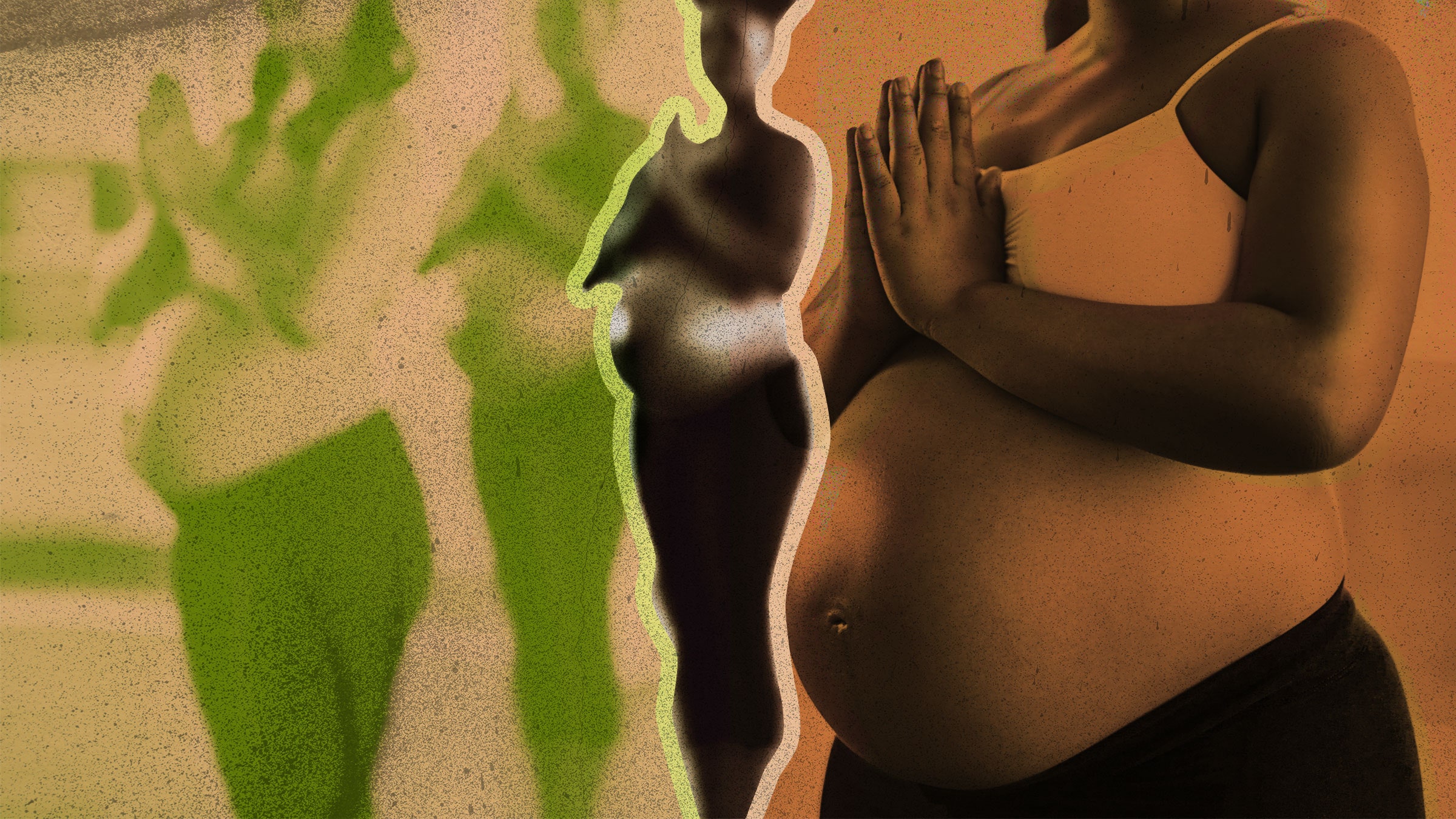Inequality Is a Health Risk—and It’s Getting Worse
Inequality is not just a social issue, it’s also a health risk. Studies have shown that those living in poverty or experiencing inequality are more likely to suffer from poor health outcomes.
One reason for this is lack of access to quality healthcare. Those with lower income levels are less likely to have health insurance or access to affordable medical care.
Inequality also affects other social determinants of health, such as access to healthy food, safe housing, and opportunities for physical activity. These factors all contribute to overall health and wellbeing.
The gap between the rich and the poor is widening, which means that more and more people are being left behind when it comes to health and wellbeing.
Addressing inequality is not just a moral imperative, it’s also crucial for public health. By ensuring that everyone has access to the same opportunities for good health, we can improve overall outcomes for society as a whole.
Policies that aim to reduce inequality, such as raising the minimum wage, providing universal healthcare, and investing in education and social services, can help to level the playing field and improve health outcomes for all.
As we work to address the health risks of inequality, it’s important to remember that everyone deserves the opportunity to live a healthy and fulfilling life.
By recognizing and addressing the impacts of inequality on health, we can create a more just and equitable society for all.
